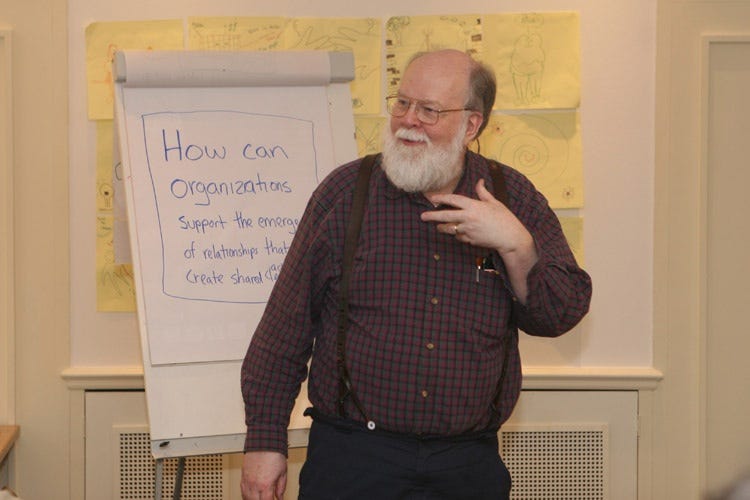The purpose of person-centered practice is to assist people with intellectual disabilities and their allies to co-create the conditions for a life together that they have good reasons to value living. Such a life includes a personally suited version of the ordinary experiences that matter to anyone: the experience of being present in typical community places for the same purposes as other citizens; a sense of belonging as an equal among others; opportunities to develop gifts and capacities and experience the respect and sense of meaning that comes with the expression of those capacities in contributing social roles; and the power to make choices about their life circumstances.
Despite progress in articulating the rights of people with disabilities, the social devaluation and exclusion of people with intellectual disabilities, especially those people who require substantial and sustained assistance with communication, self-regulation, movement and learning, continue to limit many people’s access to valued experiences. Person-centered practice –which includes many forms of person-centered planning as well as the active search for opportunities in community life and the design and delivery of whatever individualized supports may be required to make the best of these opportunities– mobilizes resistance to the common effects of devaluation: being excluded from ordinary life, subject to a professionally controlled regimen designed for not for any individual person but for groups of similarly labeled people, and limited by low expectations, even to the extent that these low expectations can be internalized by the person and his or her allies.
Person-centered practices are relational and intentional. They are a process of co-creation, not a means to issue instructions or make requests of a service provider. Their time comes when people want something more in life. They gather people who cannot achieve the future that they want alone and without intentionally upsetting equilibrium by asking more of themselves and others.
As such, they should not be imposed on people as a bureaucratic requirement.
Read the whole article What More is Possible by John O’Brien and Beth Mount
Invitation: “… a process of co-creation ... what more is possible…”

Read about John O’Brien and Planning Alternative Tomorrows' with Hope and about Beth Mount and the Art of Social Change.
John O’Brien just passed away - you can donate to his legacy and continued hope for all persons to create their own destiny.
We will meet for the Community Table Monday, July 7th at 4:30 PM ET. Contact us for information HERE.
If you are enjoying The Community Table and would like to support our work consider making a donation. While the offerings on the Community Table will always be free - we appreciate any support you can provide to continue helping us set the table for creating community.
We are also very excited about our friends Marshall Highet and Bird Jones’ new book The Washashore! We are grateful that some of the proceeds from the sale of the book will support our work. Get your copy and support Circles of Courageous Commons.
Learn More About Circles of Courageous Commons HERE



With regard to persons with disabilities, particularly intellectual disabilities -- this statement caught my conscience and my heart. I begin to think how our society may have assumed "we've done it" with the passage of the ADA. While essential, of course, I now see the ADA as the start, the floor and foundation -- with this person-centered approach as the next, necessary step.
"Despite progress in articulating the rights of people with disabilities, the social devaluation and exclusion of people with intellectual disabilities, especially those people who require substantial and sustained assistance with communication, self-regulation, movement and learning, continue to limit many people’s access to valued experiences." John O'Brien and Beth Mount.